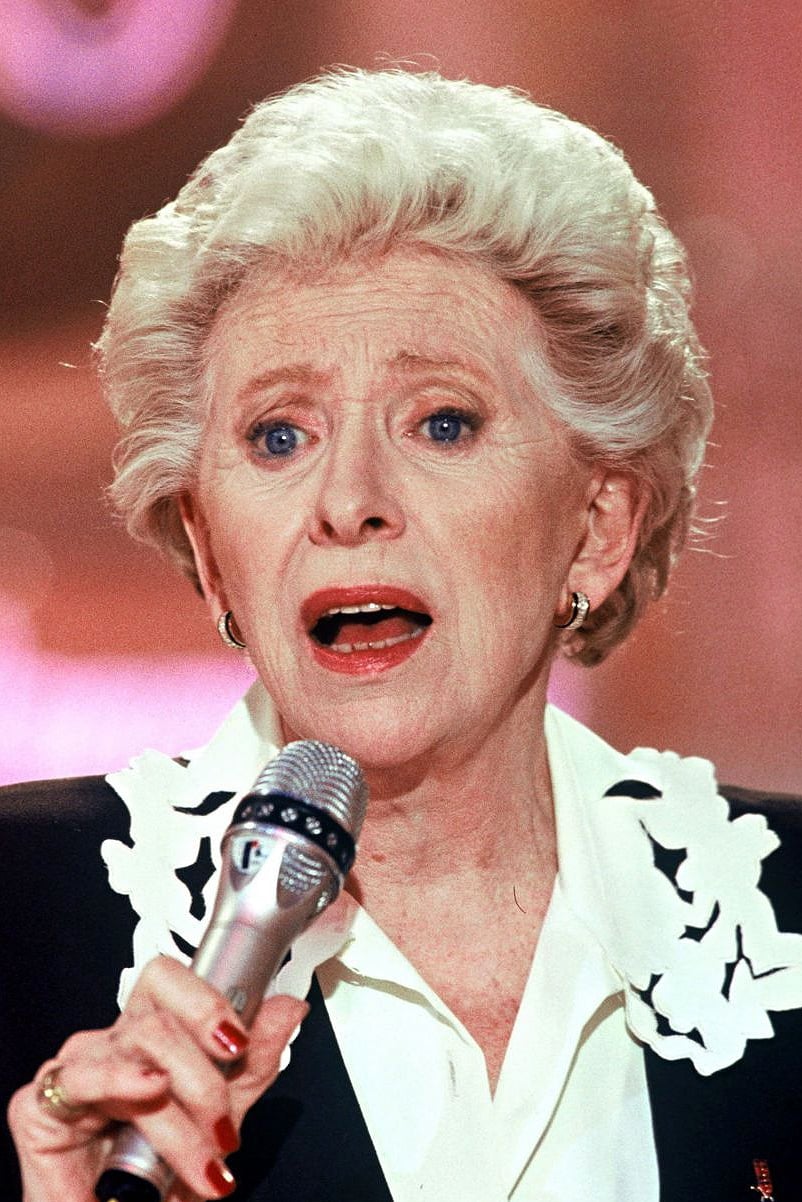
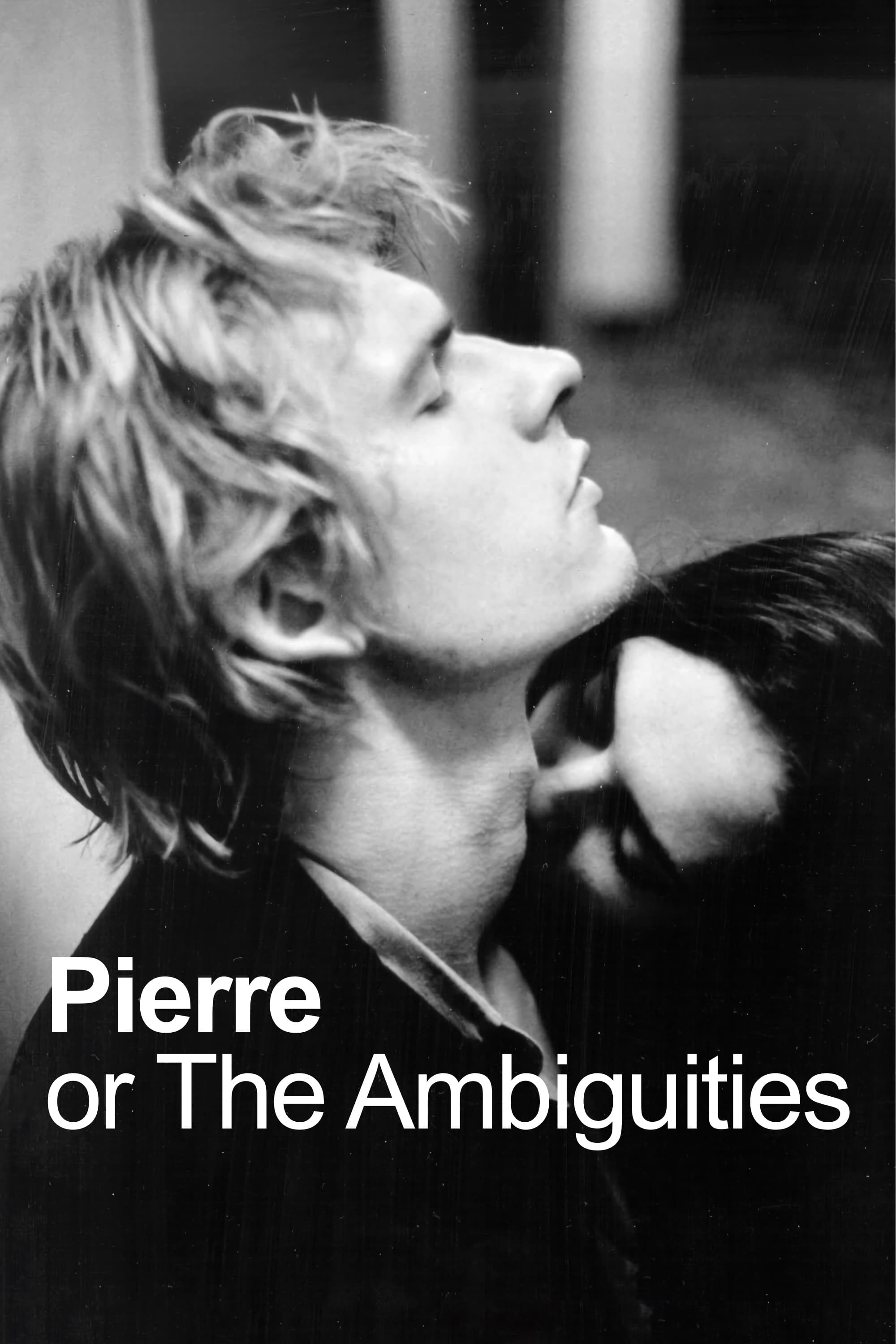
This alternate extended TV version of Pola X continues to follow a writer who leaves his upper-class life to journey with a woman claiming to be his sister, and her two friends. New sequences explore the writer's dreams and his relationships with his mother, sister and fiancée.
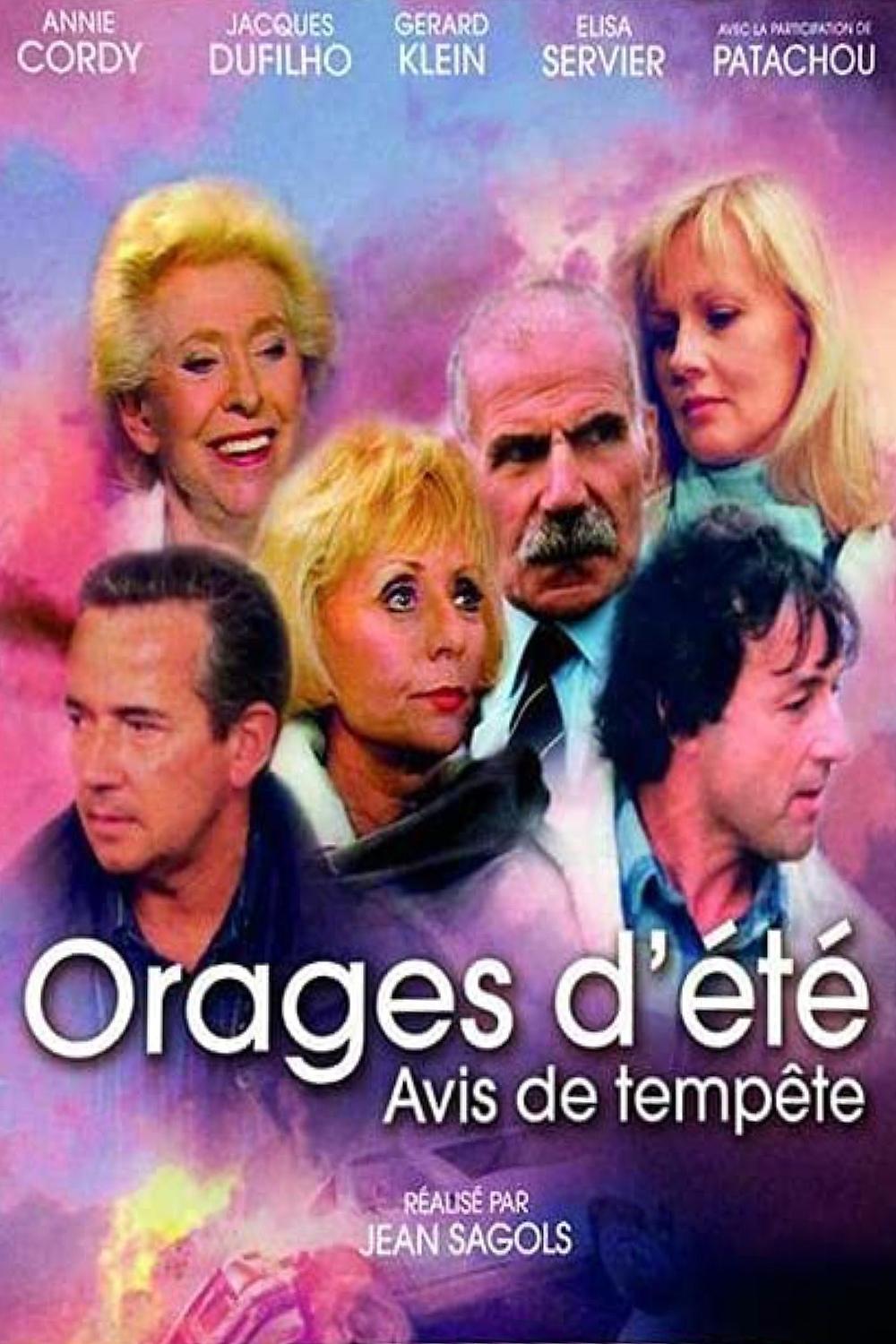
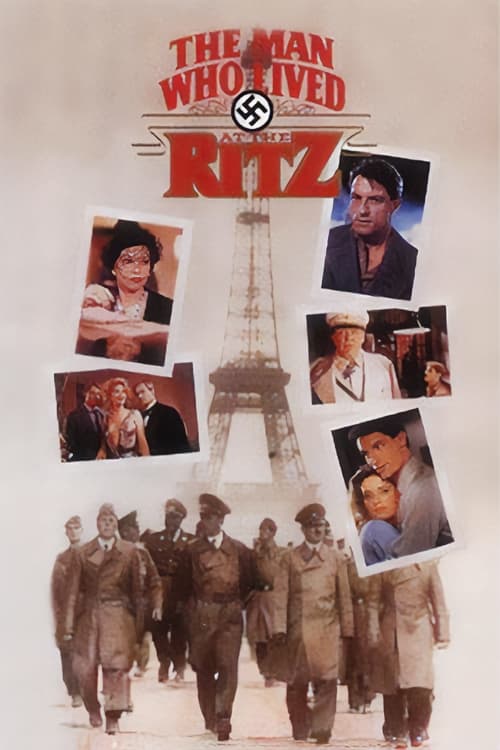
In this drama, an American art student is trapped amidst the political turmoil of war-torn Europe while visiting Paris and staying at the fabulous Ritz hotel. Rather than cope constructively with it all, the fellow opts to ignore it and continue living the high-life for as long as possible.
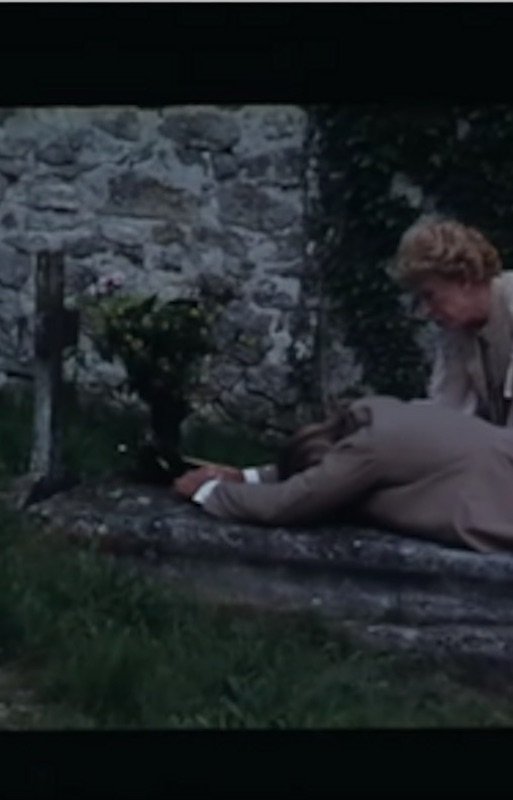
A man sings next to a young girl playing the piano. A bucolic landscape, smiles, pensive faces. With them stands a woman (their mother?) who listens to them play and sing.
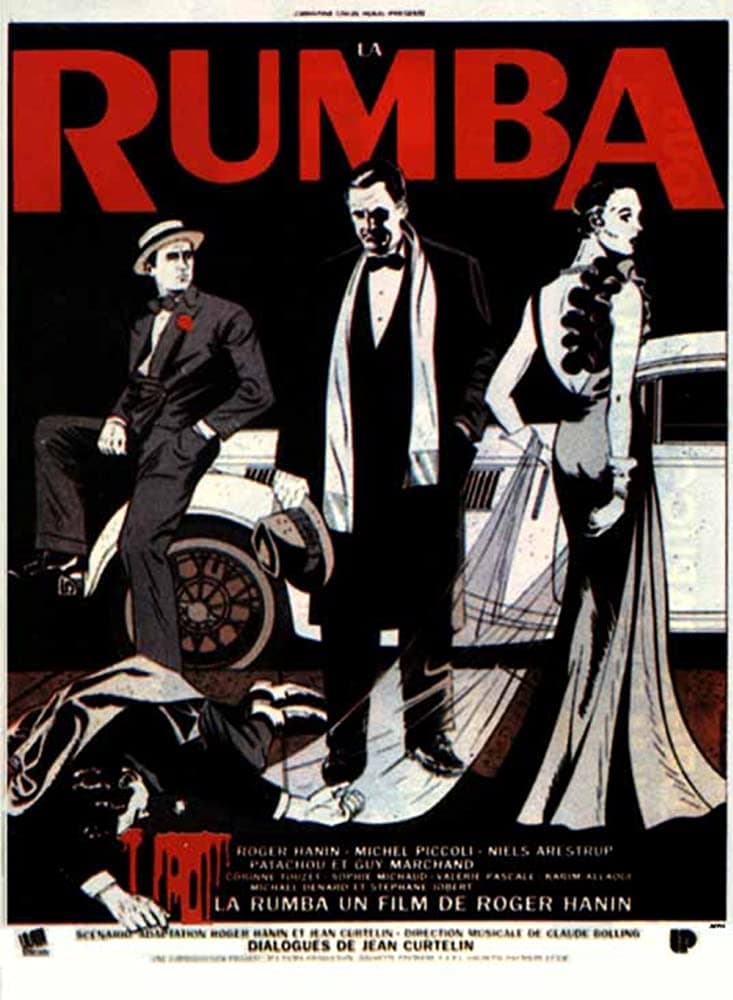
Paris, 1938. In a lavishly decorated nightclub, couples dance the syncopated rhythms of Latin America: Rumba, Cucaracha, Tango, and also the Charleston, Foxtrot and Boston. Among beautiful women, local pimps and Mussolini's spies brush each other on the dance floor, and in the streets. A police inspector is charged with a difficult task, to clean-up the city streets - just when bodies start falling around, as the Mafia and the spies tend each other deadly traps.
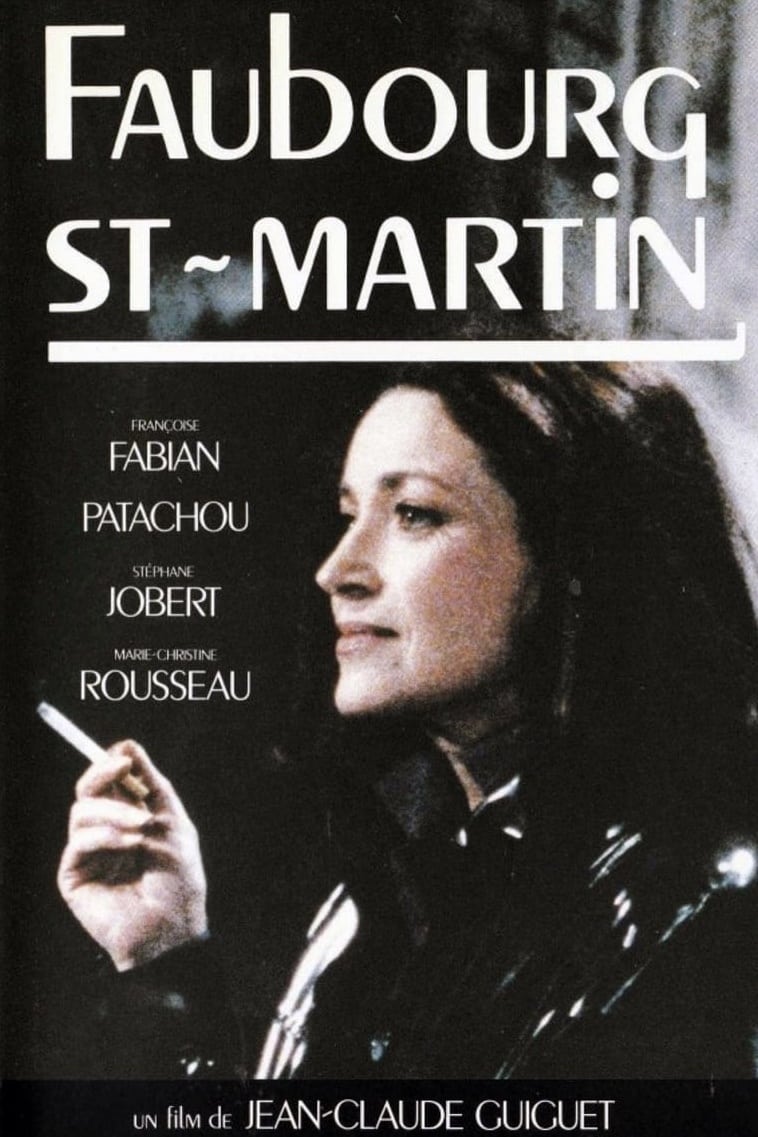
Imagine a slightly dilapidated three star hotel in the tenth arrondissement run by a very distinguished lady with moral fibre and panache, Mrs. Coppercage. Alongside tourists visiting Paris, Mrs. Coppercage rents three rooms to three women at a monthly rate. Each woman is marked by life, yet they go on as best they can, never closing their eyes to the world around them, or to the men who impatiently await them. Faubourg Saint Martin opens as a love story and ends like a song as shots ring out and punctuate the chorus.
Henriette Ragon (10 June 1918 – 30 April 2015), better known as Patachou, was a French singer and actress. She was an Officier of the Légion d'honneur. Born in the 12th arrondissement of Paris, Henriette Ragon began her working life as a typist, then a factory worker, a shoeseller and an antique dealer. In 1948, with her husband Jean Billon she took over a cabaret-restaurant in Montmartre, called Patachou. (Their son Pierre Billon had some success as a singer in the 1970s and wrote J'ai oublié de vivre for Johnny Hallyday.) She began to sing in the bistro, and journalists began to call her Patachou after the name of her cabaret (pâte-à-choux means cream puff dough). Georges Brassens sang there, and together they sang the duet "Maman, papa". She was the first to interpret other songs he composed such as "Le bricoleur", "La chasse aux papillons", etc. The evening she sang them for the first time, she suggested her audience stay to the end of the show and meet the writer of these songs, and Brassens went up on to the Patachou stage for the first time and sang Le Gorille and P..de toi. Sometimes she would collect half-ties (she would snip the neckties of customers reluctant to join in the singing and immediately staple them to the ceiling, a habit which has created a very original decor of the place - hundreds of neckties hanging above) – Thomas Dewey and Errol Flynn were among her victims. Her first records were released in 1952. She appeared at the Bobino, a Montparnasse music-hall, toured in France and then further afield. From 1953 onwards, she could be seen on-stage at the Palladium, the Waldorf Astoria, and Carnegie Hall, and throughout the United States. From the beginning of the 1970s she toured Japan and Sweden where 'L'eternal Parigot', with her cheeky Parisian register, was popular. Patachou was made Officier of the Légion d'honneur on 1 January 2009. Patachou died on 30 April 2015 at the age of 96. Source: Article "Patachou" from Wikipedia in English, licensed under CC-BY-SA 3.0.
By browsing this website, you accept our cookies policy.